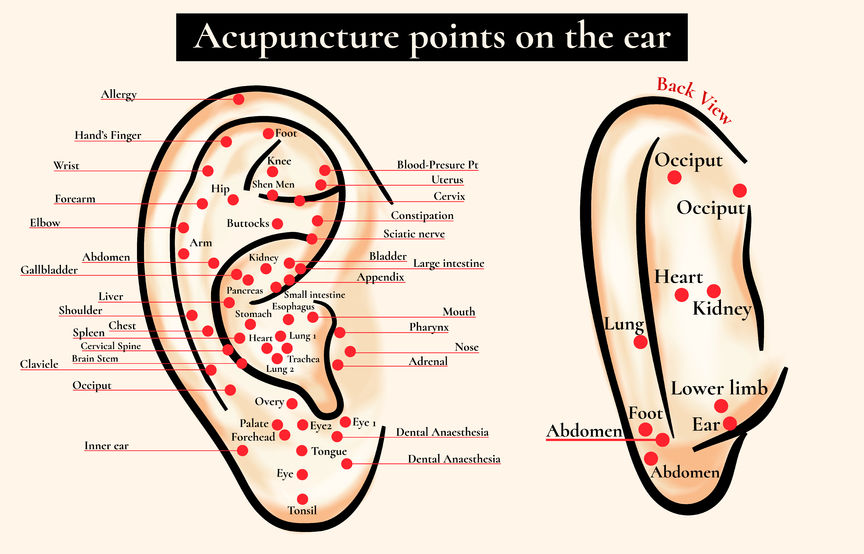Acupuncture for Anxiety

Acupuncture treatment is tailored to a patient’s medical history, signs and symptoms, relevant lifestyle factors, and constitutional tendencies. Medical results from studies that prove acupuncture is an effective treatment for stress and anxiety disorders are variable. However, there is good scientific evidence that encourages acupuncture as a treatment for anxiety because it not only yields effective outcomes but also has fewer side effects than conventional treatment.
The primary reason behind seeking acupuncture treatment for anxiety is to bring the body back to a parasympathetic state where the mind calms down and stressful events do not derail you completely. Professional acupuncturists say that acupuncture treatments not only focus on anxiety but also provide other health benefits as a byproduct of the treatment. This means that even if you intended to calm anxiety, you may also experience overall relief from pain, headaches, and other ailments. It causes a ripple effect that not only calms down your anxiety but also improves energy levels, digestion, and sleep.
How Does Acupuncture Calm Down Anxiety?
Every acupuncturist has his or her style and techniques for treating their patients. You only need to find a professional acupuncturist with credible training and makes you feel comfortable with the procedure. Your practitioner will perform Chinese medicine diagnostics to determine the acupuncture points that are required to correct imbalances. The front treatment often takes a shorter time compared to the back treatment because it is all about balancing the channels. The needling on the back is done on a deeper level to help nourish the symptoms of anxiety as well as other underlying conditions.
The needles used during acupuncture do not go to random places on your body but to specific locations based on your mental or physical symptoms. It is important to keep in mind that acupuncture does not separate the mental and physical aspects of a patient because they both are tied together. Therefore, it helps calm down anxiety by regulating the nervous system. It does so by balancing the autonomic nervous system that is compromised when the energy flowing up and down the body’s pathways is unbalanced, blocked, or deficient.
Effectiveness of Acupuncture for Anxiety
Clinical trials that examine how acupuncture can help treat anxiety have shown positive results. However, they are not all conclusive because of the limited methods of measuring outcomes, difficulty with control groups, and small sample sizes. Although most complementary and alternative medicine including acupuncture has not been researched thoroughly for safety and effectiveness, many patients who have undergone acupuncture experience a calming effect that not only improves their mental health but also shows positive outcomes to their physical health.
If you are considering acupuncture as a treatment for your anxiety and panic symptoms, the first step will be to consult your doctor. When recommended for the procedure, it is important to receive these services from a well-trained and licensed acupuncturist.
Knowing When to See a Doctor
Although acupuncture may provide some temporary relief from anxiety, there is no strong evidence that shows it can help with chronic or long-term anxiety. If you find yourself in a situation where your anxiety symptoms are interfering with your normal work routine or daily life then it is crucial to talk to a doctor or therapist. Consider seeking medical help if you start experiencing feelings of depression, panic attacks, trouble sleeping, serious migraines, and thoughts of suicide.
Although acupuncture can help calm anxiety, it is important to keep up with any other treatments that have been recommended by your doctor. Acupuncture addresses a wide variety of health issues besides anxiety, making it ideal as an alternative medicine to standard medical care practices. If your anxiety symptoms start interfering with your daily life or become more severe despite regular acupuncture treatments, consider seeking medical advice from your doctor or therapist.

